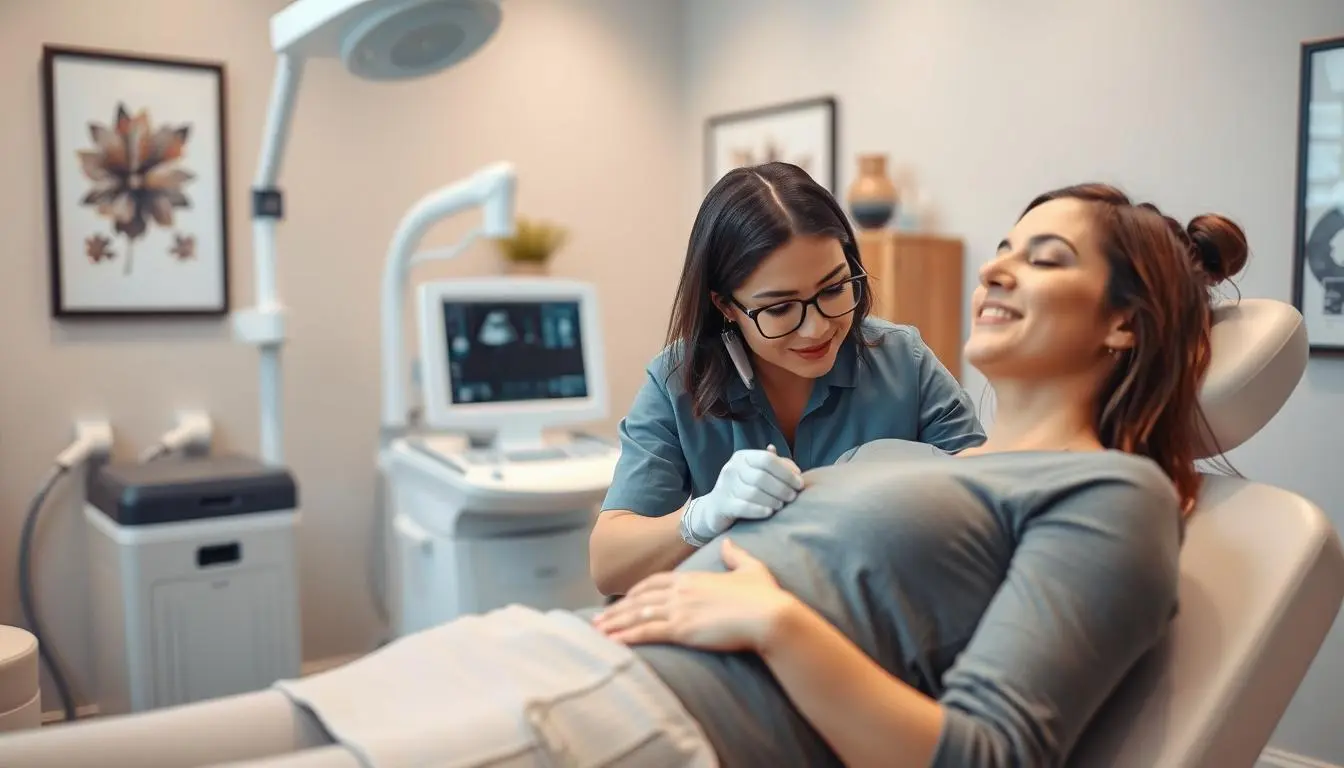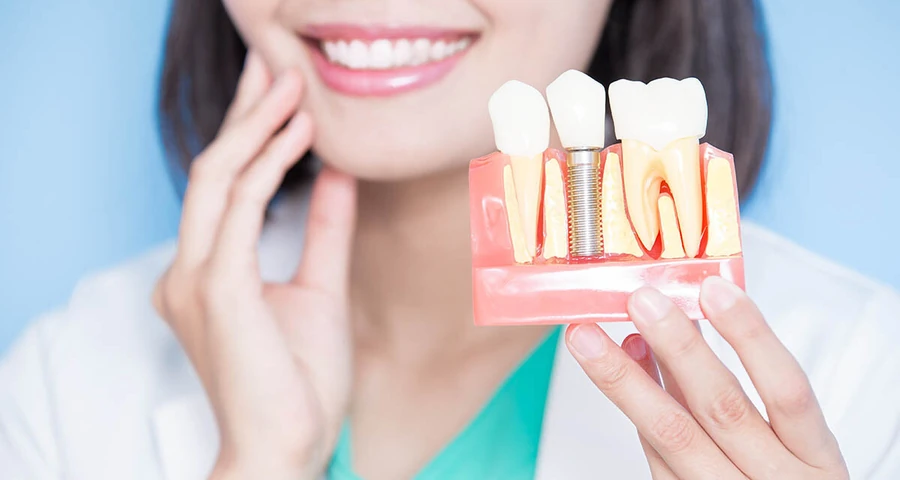You’ve just had your wisdom teeth pulled. You’re swollen, slightly cranky, and running low on patience… and caffeine. The one thing you keep craving? Coffee. But then comes that annoying question floating in your post-op haze: can I drink coffee after wisdom teeth removal?
Here’s the short answer: not right away. In fact, jumping back into your favorite brew too early could totally derail your recovery process — and trust me, dry socket is not worth it. Still, the good news is you won’t be in caffeine jail forever. You just need to time it right.
This guide’s here to walk you through the do’s and don’ts — from how long to wait, what kind of coffee might be safer (hello, cold brew), and the sneaky reasons sipping too soon could cause more pain than comfort. We’ll also chat alternatives (bone broth, anyone?), dentist-backed advice, and how to get back to your daily cup without dislodging that all-important blood clot.
Why Coffee After Wisdom Teeth Removal Isn’t a Simple Yes or No

We get it — you love your coffee. It’s more than a drink, right? It’s a whole ritual. But when it comes to healing after a tooth extraction, especially from your third molars, you’ve gotta be careful. The answer to can I drink coffee after wisdom teeth removal isn’t just about temperature or preference. It’s about science — and keeping your extraction site clean, clot-formed, and undisturbed.
See, your mouth is in recovery mode. The surgical site is essentially an open wound, and everything from blood pressure spikes to the acidity of your drink could slow down clot formation or increase the risk of dry socket. Not to mention, that beloved cup of piping hot goodness? It could literally melt away your progress — or at least mess with the fragile healing tissue trying to rebuild itself.
Here’s the kicker: even cold coffee isn’t always safe if you’re slurping it through a straw (seriously, no suction allowed). So no matter how you take it — iced, creamy, sweet, black, or decaffeinated — coffee can pose a risk if you rush in.
1. Why Coffee Might Be a Problem Right After Surgery

Let’s talk straight: coffee after wisdom teeth removal isn’t automatically off-limits forever — but the early days? That’s a danger zone. There are three major things your healing mouth doesn’t like right now: heat, acid, and caffeine. And guess what? Coffee’s got all three.
Here’s how each one messes with your recovery:
- Heat can dissolve or loosen the blood clot protecting your extraction site, leading to dry socket — which, yeah, is just as awful as it sounds.
- Caffeine may raise your blood pressure, potentially triggering renewed bleeding or slower healing time.
- Acidic content can irritate the soft, raw gum tissue, especially in the surgical area where tooth removal just happened.
And don’t forget — sipping often requires suction. If you’re slurping from a cup or — worse — using a straw, you risk creating pressure that can dislodge the clot. That’s one of the top causes of dry socket according to the American Dental Association and oral professionals at Campbell & Williams Family Dental.
Pro Tip:
Want something warm and comforting but safer? Try lukewarm herbal tea (like chamomile or ginger). No caffeine. No acid. Just soothing support for the healing tissue.
2. How Long Should You Wait to Drink Coffee After Wisdom Teeth Removal?

So, really — can I drink coffee after wisdom teeth removal and not ruin everything? Well, the timeline depends on how you’re healing, but here’s a rough guide most oral surgeons go by:
| Recovery Window | Coffee Status | Why |
| First 24 hours | 🚫 Absolutely not | Your mouth needs full clot formation; hot or cold coffee both risk complications |
| Days 2–3 | ⚠️ Still risky | Clots are fragile; caffeine may raise blood flow too soon |
| Days 4–7 | ✅ Maybe, if lukewarm | Healing must be going smoothly; lukewarm only, no straw |
| Week 2+ | 👍 Safer | Most patients can enjoy lukewarm or iced coffee if no more swelling or pain |
And just to clarify — decaffeinated coffee isn’t a free pass. It still contains acidity, and if it’s served hot, it carries the same temperature sensitivity risks.
Want to reintroduce it safely? Try small sips, room temperature, low-acid brews. Avoid anything overly bitter or piping hot.
Still unsure? Some patients are good to go by day 4. Others, especially after surgical extractions, may need 10–14 days. Always ask your dental professional — seriously, a quick call can save you a week of post-surgery recovery drama.
3. What Happens If You Drink Coffee Too Early?

Okay, so you caved. You poured a hot cup of coffee two days after surgery thinking, It’s just a few sips, what’s the worst that could happen? Well… here’s what might happen — and none of it’s great.
- You feel throbbing pain return a few hours later.
- There’s this weird foul taste in your mouth, maybe even bad breath — that’s a red flag.
- You notice bleeding has started again.
- Worse? You feel like something’s missing — like the protective blood clot may have vanished from your extraction site. That’s a huge indicator of a dry socket forming.
And dry socket is not your average discomfort. It’s an intense, radiating kind of pain that pain meds don’t always touch. You may even see exposed bone after wisdom teeth removal where the clot used to be — yep, not pretty. This kind of setback can add 7–10 days to your recovery timeline and might mean more visits to your dental office.
Pro Tip:
If your breath smells metallic or you feel sharp pain that wasn’t there yesterday, stop everything — skip the coffee, rinse with saltwater, and book an appointment with your oral surgeon. Trust your body.
4. Tips for Drinking Coffee Safely After Wisdom Teeth Removal

Let’s say it’s been 5 days. Your oral surgeon gave you a cautious thumbs up, you’ve had no bleeding, your gum tissue looks better, and your pain level is minimal. You’re desperate for that first sip of your beloved brew.
Here’s how to do it right — because honestly, the last thing you want is to rewind the healing process over a latte.
Do:
- Wait 48–72 hours minimum — more if you had a complicated surgical removal
- Let it cool to lukewarm before sipping (no steam!)
- Choose low-acid, mild blends if possible
- Sip very slowly — no strong gulps or mouthfuls
- Drink without a straw — suction is your enemy right now
Don’t:
- Avoid espresso shots, strong cold brews, or anything with a harsh bite
- Skip sugary creamers or flavored syrups that can irritate your oral tissues
- Don’t assume decaf = safe. If it’s hot, it’s still risky
And remember — coffee isn’t hydration. Pair it with electrolyte drinks, protein smoothies, and eat chips or bone broth to keep your oral health and healing times on track.
Try This Instead (If You’re Still Nervous):
A lukewarm herbal tea — like ginger or chamomile — can actually soothe your surgical site. Bonus: it doesn’t come with the caffeine crash.
5. Should You Avoid Iced Coffee Too?

You might think, Okay fine, no hot coffee — but can I drink iced coffee after wisdom teeth removal? Fair question. And honestly… it depends.
Temperature-wise? Cooler is safer than steaming hot, no doubt. Cold won’t disrupt the blood clot formation the same way heat might. But the real issue with iced coffee? Straws. That suction you don’t even think about? It can create enough pressure to yank the blood clot right out of the extraction site — especially if you had a surgical extraction. And once that clot’s gone, the risk of dry socket shoots way up.
But hey — if you pour your iced coffee into a regular glass, ditch the straw, and sip slowly? You might be in the clear after Day 4 or 5, assuming your oral surgeon hasn’t given you any special restrictions.
Here’s a tip:
Go with a cold brew — it’s usually smoother, less acidic than traditional iced coffee. And if you’re worried about acidic content, a splash of oat milk or almond milk can mellow it out.
What to avoid in your iced coffee:
- No added citrus (yes, people put lemon in weird things)
- No sugary syrups — they can mess with your oral hygiene
- No bubbly, carbonated add-ins — just don’t
6. Decaf vs. Regular Coffee: Does It Matter?

Some folks hear “decaf” and think it’s a magic pass. Oh, it’s fine — it’s decaf! But here’s the thing: decaffeinated coffee still checks a few of the same danger boxes.
- It’s usually served hot, which risks blood clot dislodgement
- It’s still acidic, especially if you brew it strong or drink it black
- And unless you’re brewing a specialty low-acid blend, it can still irritate the healing site
That said, decaf can be a gentler way to return to your caffeine rituals. Around Day 4–5, if you’ve had a simple tooth extraction and you’re not feeling any throbbing pain or discomfort, a small, lukewarm cup might be okay. Still — always best to ask your dental professional first.
Pro Tip:
If you’re absolutely itching for a cup, opt for lukewarm low-acid decaf in tiny sips, and follow it up with a quick salt water rinse to keep the treatment site clean.
Bonus Thought:
You might find that swapping in something like ginger tea or golden milk does the trick for a few more days while your recovery journey continues. Sometimes, not rushing back into your routines — especially when it involves hot beverages — pays off more than you expect.
7. Coffee vs. Tea: What’s Better for Recovery?
So let’s say you’re still asking yourself, Can I drink coffee after wisdom teeth removal, but you also kind of know the answer — not just yet. That’s where herbal tea can really shine.
And no, we’re not talking about that bitter black tea you forgot in your cabinet. We mean the gentle stuff — teas like chamomile, ginger, or peppermint — the kind that doesn’t just sit quietly in a mug but actively helps your body calm down.
- Chamomile? Mildly anti-inflammatory and relaxing
- Ginger? Soothing for the stomach and even helps with wound healing
- Peppermint? Has a natural numbing effect, which can help ease minor mouth soreness
Just be sure everything is lukewarm — not hot, not cold — because even a great tea can turn into a bad idea if the temperature sensitivity kicks in or it irritates your surgical site.
🫖 Pro Tip:
Let your tea cool until it feels like bathwater — not soup-hot. And skip anything citrusy or with added sugar for now.
Some people find herbal teas more hydrating, more comforting, and just less stressful on the body during the post-operative care window. They don’t replace coffee forever, obviously — but they might be a good placeholder until your recovery period is really underway.
8. Dentist-Approved Alternatives to Coffee While You Heal
If you’re still deep in healing mode, and you’re still wondering can I drink coffee after wisdom teeth removal, the reality might be… not yet. But hey, that doesn’t mean you’re stuck with water and sadness.
Here’s a list of oral surgeon-approved drink options that feel cozy but won’t sabotage your surgical removal healing:
| Drink Option | Why It’s Safe/Smart |
| Warm Bone Broth | Rich in collagen and soothing on the extraction site |
| Golden Milk | Turmeric = anti-inflammatory; almond milk = low-acid |
| Caffeine-Free Chai | Spice + milk warmth without caffeine risk |
| Coconut Water | Helps fight dehydration risks and replenish lost minerals |
| Electrolyte Drinks | Supportive for hydration and gentle on the healing mouth |
A lot of these can be served slightly warm (never hot) and give you that same comforting sip-feel you crave from coffee. None of them are perfect substitutes, of course — let’s be real. But they don’t trigger blood flow spikes, don’t mess with blood clot formation, and don’t compromise dental surgery recovery.
✅ Small Shift, Big Win:
Even just holding a warm mug — even if it’s filled with lukewarm turmeric milk — can psychologically ease that coffee craving while your oral health catches up.
9. Ask Your Oral Surgeon Before You Sip
Look — not to state the obvious, but healing isn’t a one-size-fits-all process. One person might bounce back in three days, sipping iced coffee like nothing happened, while someone else is still wincing at lukewarm herbal teas a week in. So when you ask, can I drink coffee after wisdom teeth removal, the only reliable answer is: depends… have you asked your oral surgeon?
Some of the biggest factors that impact your recovery journey:
- Whether it was a simple extraction or full surgical removal
- If you had multiple teeth removed, especially third molars
- Your age, immune system, and overall oral health
- Whether you’re managing any post-surgery medications
- How closely you’re following post-op care instructions
And here’s the truth: dental professionals want you to enjoy your life — including coffee — but not at the cost of a dislodged blood clot or a painful trip back to the clinic. A quick call or message to your dental office is better than blindly risking it.
☎️ Pro Tip:
Just ask: “Hey, is it cool if I have a small cup of lukewarm decaf coffee today?” You’ll either get the green light or a “maybe wait a bit.” Either way, no regrets.
Conclusion:
So, can I drink coffee after wisdom teeth removal? Yes — but not right away, and not without caution. Your mouth needs time to heal after a tooth extraction, and coffee, especially when hot or acidic, can interfere with that healing process. From blood clot dislodgement to dry socket, the risks are real if you sip too soon.
But don’t worry — your favorite brew isn’t gone for good. Wait at least a few days, stick to lukewarm or cold alternatives, skip the straw, and always follow your oral surgeon’s post-op care instructions. Once you’re in the clear, that first cup will taste even better knowing you didn’t rush it.
Remember, healing comes first. Your coffee can wait a few days — your oral health will thank you for it.
Frequently Asked Questions
1. Can I drink coffee after wisdom teeth removal if it’s iced?
Yes — but not with a straw. After the first 3–4 days, if you’re healing well, iced coffee without a straw might be okay. Just watch out for strong acidity and skip super cold or carbonated versions.
2. When is it completely safe to drink coffee again?
Usually, around 7 to 14 days after wisdom teeth removal, depending on your recovery process and whether you had surgical extractions. Always check with your oral surgeon first.
3. Why do dentists say no to coffee right after surgery?
Because hot beverages like coffee can dislodge the blood clot, slow wound healing, and increase the risk of dry socket. It’s not just about the heat — it’s also about caffeine, acidity, and suction from sipping.
4. What if I accidentally drank coffee the same day I had my wisdom teeth removed?
Don’t panic — but definitely monitor your extraction site. If you feel throbbing pain, see bleeding, or notice a foul taste, contact your dental office. You might have disturbed the blood clot formation.
5. Is decaf coffee safe after wisdom teeth removal?
Decaffeinated coffee is safer, but still not ideal immediately after tooth removal. It’s often still hot and acidic. Try lukewarm coffee on day 3–4 if you’re healing well.
6. Can coffee cause dry socket?
Yes, especially if it’s hot or drunk through a straw. Dry socket happens when the blood clot protecting your surgical site gets dislodged — and coffee can contribute to that.
7. What are some good alternatives to coffee during recovery?
Try herbal tea (like chamomile or ginger), lukewarm bone broth, electrolyte drinks, or even a gentle protein shake. They support healing time without risking irritation or dehydration.
8. Is cold brew coffee better than hot coffee after wisdom teeth removal?
Sort of. It’s less acidic and cooler — which helps — but still avoid it in the first 2–3 days. And again, no straw. Let it sit to reach room temperature, and sip slowly.
9. Can I drink coffee if I had stitches?
If you still have stitches in, especially dissolvable ones, hold off. Hot liquids can irritate the gum tissue and affect the healing timeline. Better to be safe than sore.
10. How can I tell if I’m ready for coffee again?
If your surgical area feels pain-free, there’s no swelling, bleeding, or sensitivity, and your dentist gives the green light — go ahead. Just start slow, avoid hard foods, and stick to post-op care instructions.



